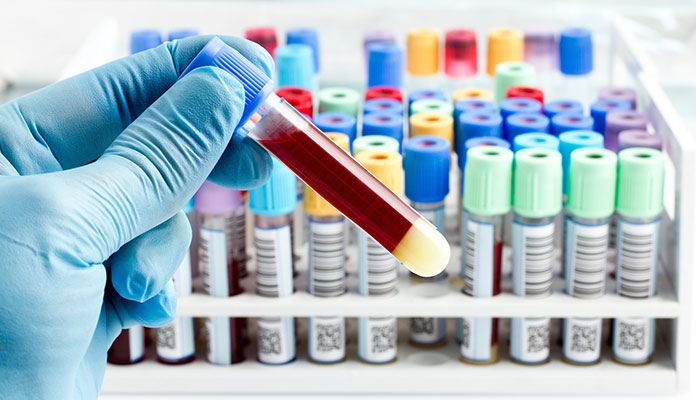Blood Tests and Chromosome Tests
Some blood tests can help diagnose acute lymphocytic leukemia. These include:
– Complete blood count: This test measures the number of platelets, white blood cells, and red blood cells. It is done in those with suspected blood issues.
– Coagulation test: This test can help check whether the blood is still clotting properly.
– Blood chemistry test: This test measures the levels of some substances in the blood, which can be helpful in identifying kidney or liver issues caused by leukemia. [3]
Chromosomes are long DNA strands in the body cells. In normal people, each cell contains 23 pairs. However, in those with acute lymphocytic leukemia, some chromosome changes may occur. By doing a chromosome test, your doctor may detect some forms of leukemia and determine the overall outlook how whether the treatment options are working. Therefore, this procedure is actually a standard diagnostic test for all cases of acute lymphocytic leukemia. [4]










